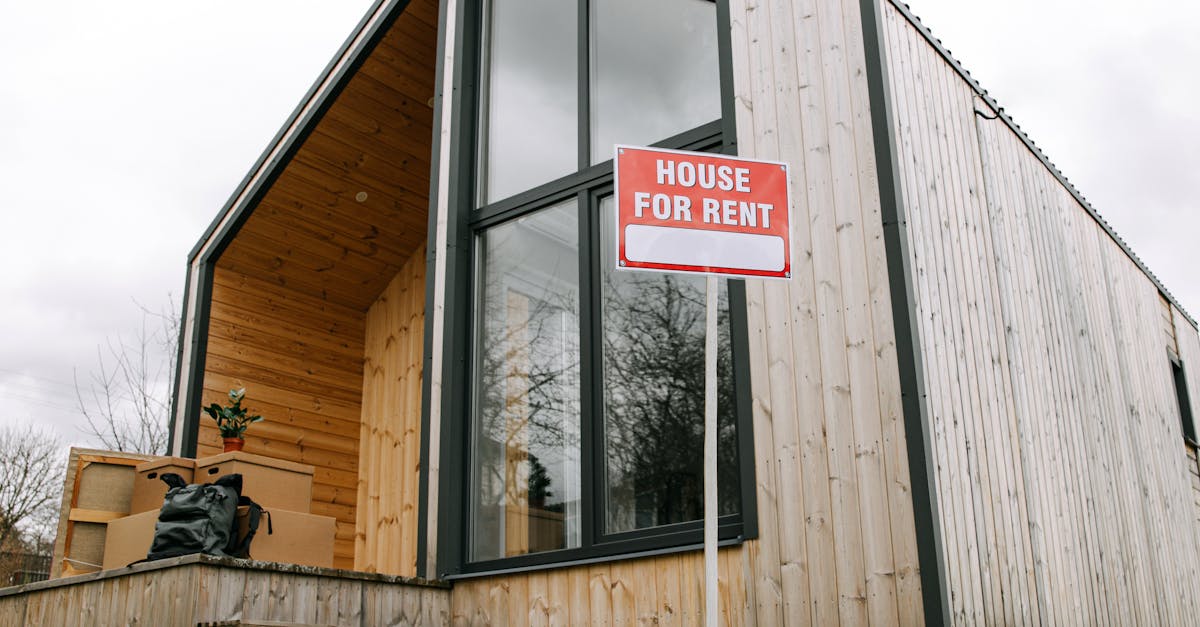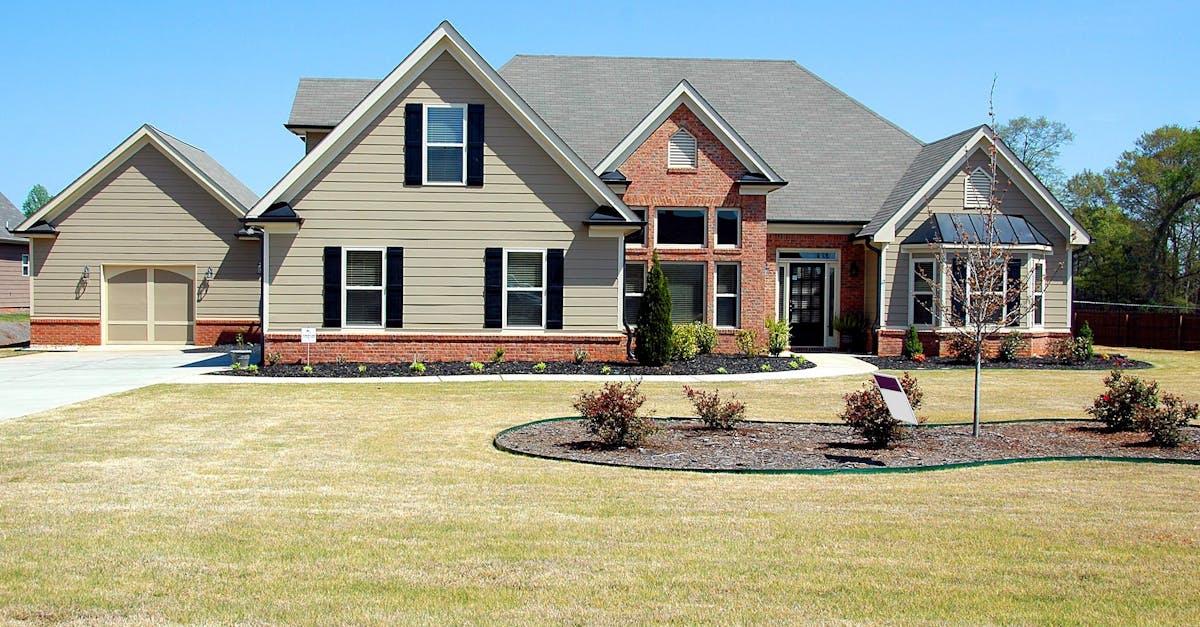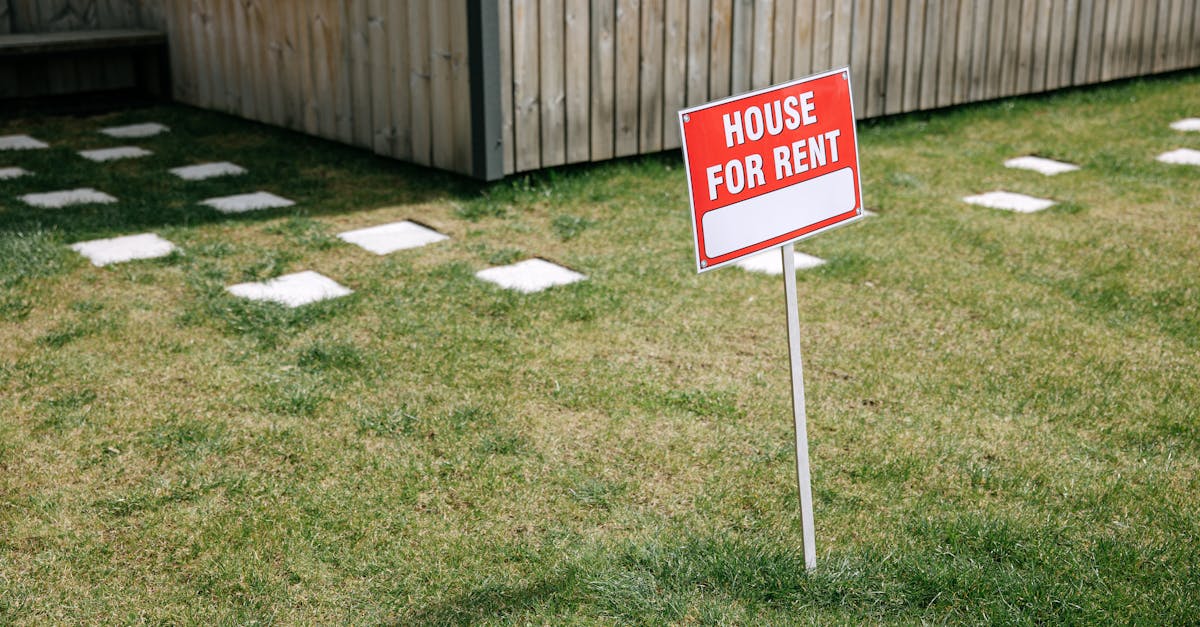
Introduction
In today's real estate market, individuals often face the dilemma of whether to rent or buy a home. Each option comes with its unique set of advantages and disadvantages, influencing future financial stability and lifestyle. This article aims to provide a comprehensive guide, helping readers understand which choice might suit them best.
Understanding Renting
Renting a home involves signing a lease agreement, allowing tenants to reside in a property owned by someone else. The flexibility it offers is a significant benefit, as tenants can relocate with relative ease once the lease term concludes. However, renters usually face restrictions such as limited ability to customize their living space.
Advantages of Renting
Renting is often praised for its financial flexibility. Tenants are not tied down by hefty mortgage payments or property upkeep costs, which remain the landlord's responsibility. For individuals who frequently relocate for work or prefer reduced responsibilities, renting can be a convenient option.
Understanding Buying
Purchasing a home means acquiring real estate ownership, often financed through a mortgage. This decision can provide long-term stability and serve as an investment that typically appreciates over time. However, buying is a significant financial commitment, requiring upfront costs like down payments and closing fees.
Advantages of Buying
Owning a home brings with it the freedom to renovate and personalize the space without restraints. Additionally, as mortgage payments are made, homeowners build equity—essentially owning more of their house, which can bolster long-term wealth. Tax benefits, such as deductions on mortgage interest, can also make buying attractive.
Rental Limitations
Despite its benefits, renting isn't without drawbacks. Renters face the uncertainty of fluctuating rental prices, influenced by market conditions. They also lack the opportunity to build equity, meaning rent payments don't contribute toward eventual ownership of the property.
Buying Limitations
Homeownership can limit mobility. Selling a home isn't always swift, and real estate market fluctuations can result in financial loss if the property's value decreases. Moreover, homeowners bear the burden of maintenance costs and property taxes—factors that can escalate unexpectedly.
Financial Considerations
Before deciding, individuals must assess their current financial status. Evaluating savings, income stability, and credit scores can clarify whether renting or buying is more feasible. Calculators comparing rental costs against potential mortgage expenses can offer insightful information on long-term savings.
Lifestyle Preferences
Aside from finances, lifestyle considerations play a crucial role in the decision-making process. For those seeking flexibility and lower commitment, renting is typically suitable. Conversely, those who prioritize stability, community, and customization may gravitate toward buying.
Conclusion
Choosing between renting and buying depends on personal circumstances and long-term aspirations. Weighing the pros and cons thoughtfully can guide individuals towards a decision that aligns with their lifestyle and financial goals. By analyzing the specifics of each option, one can confidently decide on their path toward a home.